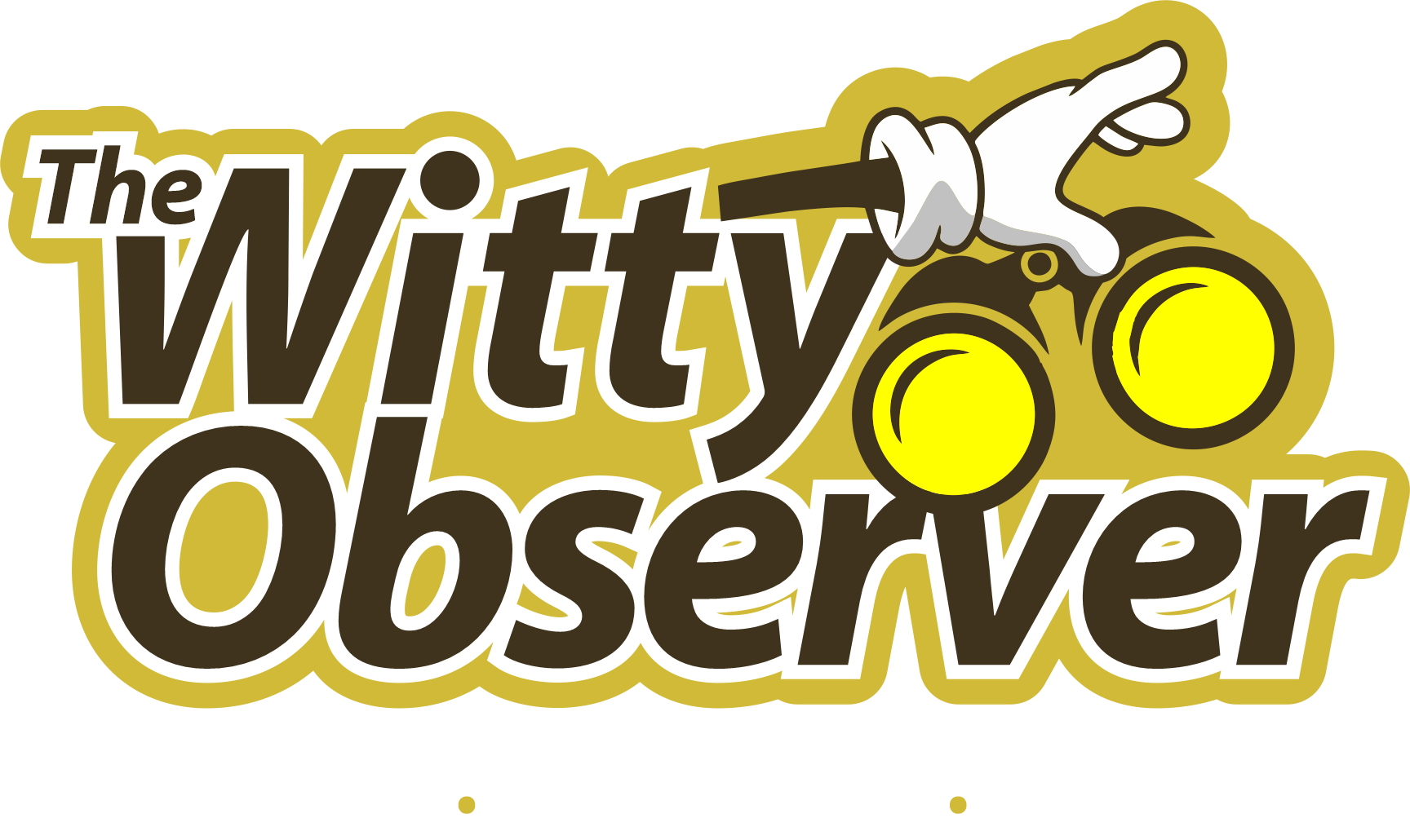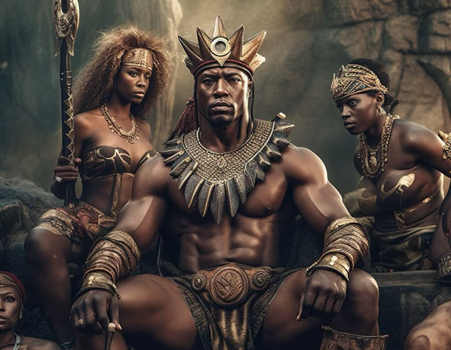A few months ago, my good friend Nana Yaa, a linguistics scholar, used an AI tool to translate a sentence into Twi, a language spoken in Ghana. What she received in return was hardly recognisable.
Upon further investigation, she discovered that many indigenous Africans had not participated in the development of AI, despite the system being trained on data from African languages. The companies had collected data from YouTube videos, social media, and radio broadcasts without sufficiently engaging with the communities that created this content. This concerning practice was highlighted in UNESCO’s 2023 report, “Digital Colonialism: AI Development and African Languages.”
Her experience highlights a troubling future. Our languages, cultures, and identities are embedded in AI systems, yet Africa remains sidelined from benefiting from them. This reflects historical patterns in which Africa’s resources have enriched others while the continent has been overlooked.
Africa Is Fueling the AI Boom—But Who’s Benefiting?
Let’s be direct about what’s happening.
Technology giants that largely neglected Africa during the rise of the internet are now competing to establish their presence in AI. They need African voices, languages, and faces to train their systems, yet the question remains: who genuinely benefits from this technological gold rush?
• Google’s Accra research center, established in 2018, employs African talent to develop region-specific AI solutions. By late 2024, Google added voice support for 15 African languages, allowing 300 million more Africans to use voice commands online. Their Universal Speech Model, trained on diverse African language data, demonstrates Google’s commitment to digital inclusion across the continent.
• Meta utilises content generated by African users on Facebook, and Instagram to train its AI models. However, little information about whether African researchers and institutions benefit from this process is disclosed. Its 2023 transparency report outlines how global user data is processed to advance machine learning (Meta Transparency Centre, 2023).
• AI ownership? Africa remains notably underrepresented in AI patent ownership. The WIPO Technology Trends Report (2024) indicates that African researchers hold merely a small fraction of global AI patents, despite the continent supplying substantial training data (World Intellectual Property Organization, 2024).
• Intellectual property rights? Training data from Africa remains largely uncompensated and unacknowledged. A 2022 report from the Mozilla Foundation highlighted how AI training datasets often extract African digital content without proper recognition or economic benefit (Mozilla Foundation Report, 2022).
• Do we have control over our data? African data protection laws are still inconsistent and fragmented. While countries like South Africa, Kenya, and Rwanda have developed strong frameworks, most nations lack comprehensive regulatory oversight. The African Union’s Data Policy Framework aims to standardise protections.
“Until the lion learns to write, every story will glorify the hunter.” – African Proverb.
AI in Africa: A Question of Ownership vs. Exploitation
This situation represents a new form of digital colonialism, but it is focused on our intellectual and cultural resources rather than physical ones.
• Africa’s 1.4 billion inhabitants communicate in over 2,000 languages, making the continent an exceptionally valuable source of AI training data.
• AI companies require diverse data to develop more sophisticated models. The “Common Crawl” dataset, which underpins models like GPT, includes millions of African web pages and social media posts. However, instead of African developers spearheading these initiatives, foreign companies gather our digital information, process it elsewhere, and sell the resulting technology back to us.
• By 2035, AI is projected to boost Africa’s economy significantly. This growth potential is contingent on effective data management and the development of local AI expertise. The African Development Bank, in partnership with tech giants, is working to train millions of Africans in AI skills. If successful, these efforts could accelerate economic transformation across the continent. The impact will influence various financial, social, environmental, and governance sectors. However, Africa must develop its AI capabilities to fully realise these benefits and address data quality, privacy, and ethical AI implementation challenges.
African innovators aren’t standing still in this fight. Companies like Data Science Nigeria, Tunisia’s InstaDeep, and South Africa’s Lelapa AI are developing models optimised for African languages and use cases. Their work shows what’s possible when Africans control the AI development process from data collection to deployment.
Africa’s Hidden Advantage in the AI Race
Africa isn’t just a data supplier; it has unique advantages that could position it as an AI leader:
• A Young, Tech-Savvy Population: Africa’s median age is 19.7 years—compared to Europe’s 44.4 years—making it the fastest-growing digital consumer market.
• Mobile-First Innovation: With over 600 million Africans using mobile money, Africa is an ideal testing ground for AI-driven digital finance.
• Untapped AI Markets: While Europe and North America have strict AI regulations, African AI startups have greater flexibility to experiment with new AI-driven business models.
Tiger’s Roar: Africa Must Take Charge of the AI Revolution—NOW!
We cannot afford to be passive observers in this defining technological moment.
• If AI represents the future of work, we must help shape its development.
• If AI will influence future governance, we must participate in creating the regulations.
• If AI will drive tomorrow’s economy, we must secure our ownership stake.
The AI revolution will either help Africa become more independent or make us even more dependent on others. There is no neutral path.
What Can We Do Starting Today?
• Support African AI companies instead of relying solely on Western tech firms.
• Advocate for policies that protect Africa’s data sovereignty.
• Build AI models designed for Africa’s needs—not borrowed Western versions.
When Nana Yaa tested AI in Accra, she saw the gap between Africa’s linguistic wealth and AI’s neglect. But it doesn’t have to stay this way.
The time to act is now.
Redefining Africa’s Narrative: One Audacious Step at a Time.




